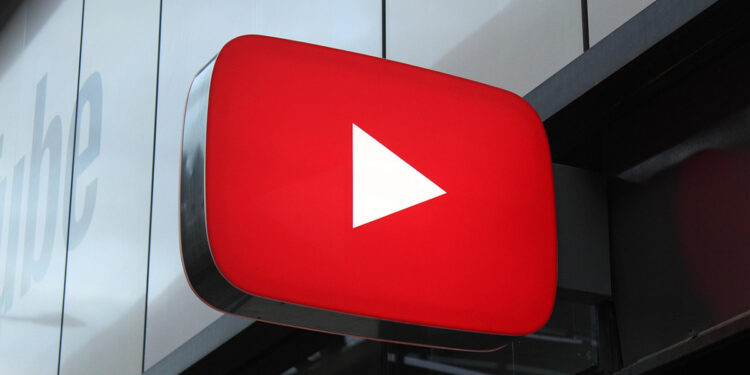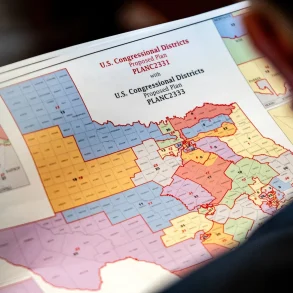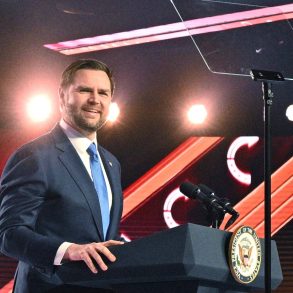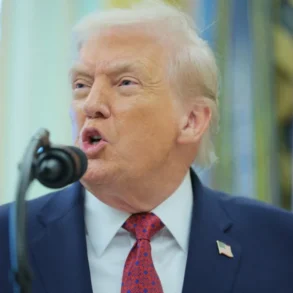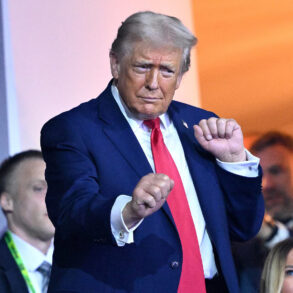On September 29, 2025, YouTube agreed to pay $24.5 million to settle a lawsuit filed by President Donald Trump and other plaintiffs following his suspension from the platform in 2021, according to a federal court filing. The lawsuit stemmed from YouTube’s decision to suspend Trump’s account after the January 6, 2021, Capitol attack, citing a video that violated its policy against inciting violence. The settlement marks YouTube as the last of three major tech companies—alongside Meta and X (formerly Twitter)—to resolve similar lawsuits filed by Trump over his removal from their platforms.
Settlement Details
The court filing outlines that $22 million of the settlement will be directed to the Trust for the National Mall, a tax-exempt nonprofit dedicated to restoring and preserving the National Mall. This portion will fund the construction of a White House State Ballroom, estimated to cost $200 million and span 90,000 square feet. The remaining $2.5 million will be distributed among other plaintiffs, including the American Conservative Union, Andrew Baggiani, Austen Fletcher, Maryse Veronica Jean-Louis, Frank Valentine, Kelly Victory, and Naomi Wolf, who were also affected by YouTube’s content moderation actions.
The settlement agreement emphasizes that it does not admit liability or fault on YouTube’s part. Instead, it was reached to “compromise disputed claims and avoid the expenses and risks of further litigation,” as stated in the filing. A Google spokesperson, representing YouTube’s parent company, Alphabet, directed inquiries to the court document but offered no further comment.
Context of the Lawsuit
YouTube suspended Trump’s account in January 2021, claiming his content risked inciting further violence after the Capitol riot. The platform restored his channel in March 2023, citing the need for voters to hear from major candidates ahead of elections. Trump’s lawsuit argued that YouTube’s indefinite ban violated his constitutional right to free speech. Legal experts, however, have noted that such claims are weak, as the First Amendment typically protects against government censorship, not the actions of private companies like YouTube. Eric Goldman, a law professor at Santa Clara University, described the settlement as “influence-peddling” rather than an acknowledgment of legal merit, pointing to Section 230, a federal law that shields tech platforms from liability for content moderation decisions.
Broader Tech Industry Settlements
YouTube’s settlement follows similar resolutions by other tech giants. In January 2025, Meta agreed to pay Trump $25 million to settle claims over his suspensions from Facebook and Instagram, with $22 million allocated to his presidential library and $3 million covering legal fees. In February, X settled for approximately $10 million, according to reports. These settlements reflect a shift in the tech industry’s approach, with companies adopting a more conciliatory stance toward Trump since his return to office in January 2025. For instance, after Elon Musk acquired X in 2022, he reinstated Trump’s account, followed by Meta and YouTube in 2023.
Trump celebrated the YouTube settlement on Truth Social, calling it a “MASSIVE victory” and claiming it proves “Big Tech censorship has consequences.” Meanwhile, tech platforms have relaxed content moderation policies. YouTube recently announced it would reinstate accounts previously banned for spreading misinformation, including those of former Trump adviser Steve Bannon, Robert F. Kennedy Jr., and podcaster Dan Bongino, citing the value of conservative voices in civic discourse.
Implications and Criticism
The settlements have sparked debate about the motivations behind these payouts. Critics, including Goldman, argue that tech companies are settling to gain favor with the Trump administration rather than due to the strength of his legal claims. The loosening of misinformation rules, such as YouTube’s reinstatement of accounts banned for false COVID-19 and election-related claims, suggests a broader shift in how platforms handle content moderation under political pressure.
As the tech industry navigates this landscape, the YouTube settlement highlights the complex interplay between free speech, private platform governance, and political influence. While the $24.5 million payout resolves the dispute, it raises questions about the future of content moderation and the balance of power between tech companies and public figures.



